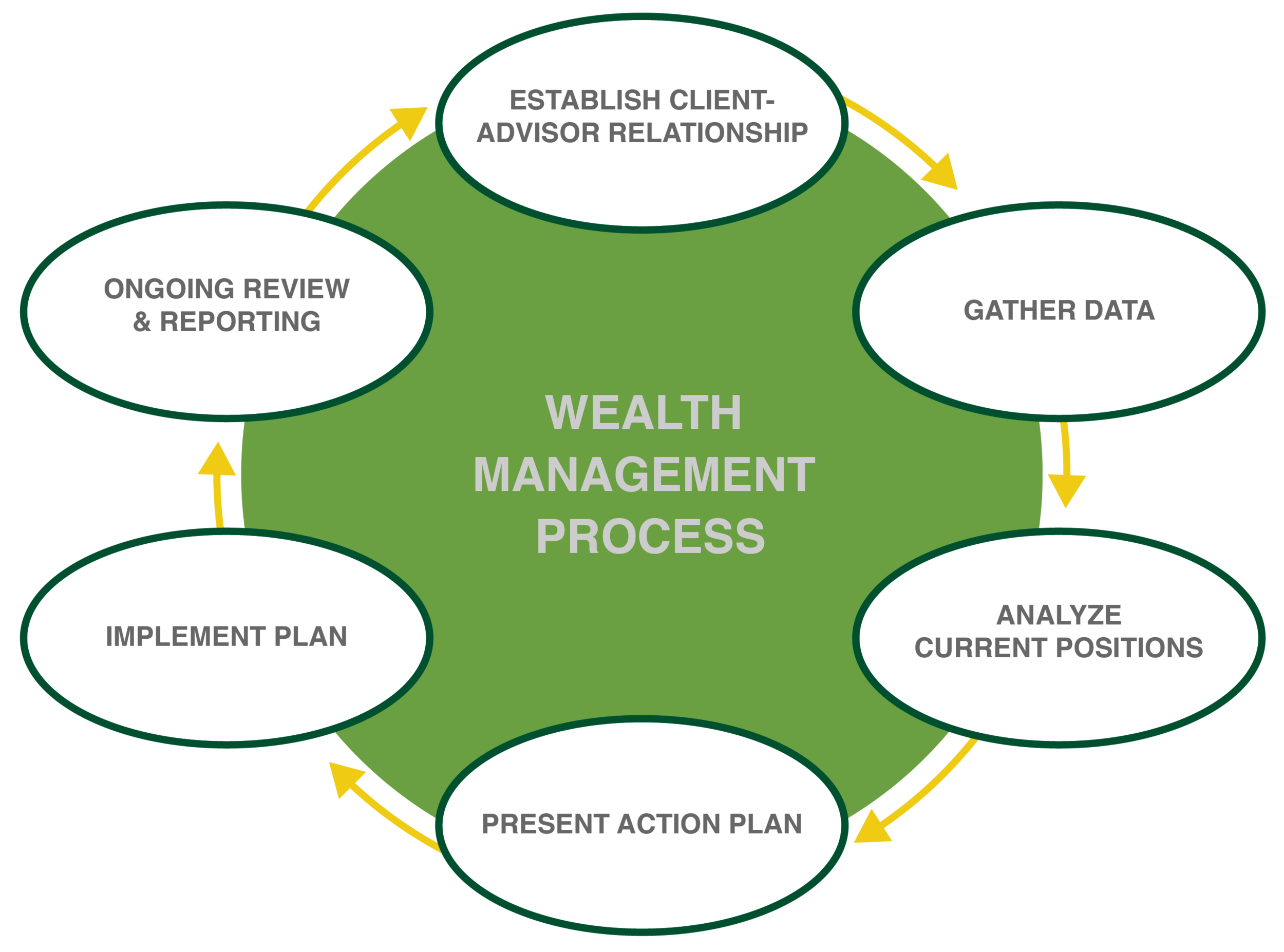Wealth management is a holistic approach to managing one’s financial assets, investments, and other wealth-related matters. It involves a range of services and strategies designed to help individuals, families, and institutions achieve their financial goals and secure their financial future. In this article, we will delve into the world of wealth management, exploring its key components, benefits, and best practices.

What is Wealth Management?
Wealth management is a professional service that combines financial planning, investment management, and other related services to help clients manage their wealth effectively. It involves a thorough understanding of a client’s financial situation, goals, and risk tolerance, as well as the creation of a personalized plan to achieve those goals. Wealth management services may include:
- Financial Planning: Creating a comprehensive financial plan that outlines a client’s financial goals, risk tolerance, and investment objectives.
- Investment Management: Selecting and managing investments to achieve a client’s financial goals, such as stocks, bonds, mutual funds, and other securities.
- Portfolio Management: Monitoring and adjusting a client’s investment portfolio to ensure it remains aligned with their financial goals and risk tolerance.
- Tax Planning: Minimizing tax liabilities and optimizing after-tax returns on investments.
- Estate Planning: Creating a plan for the distribution of a client’s assets after their death, including wills, trusts, and other estate planning documents.
- Retirement Planning: Developing a plan to ensure a client’s financial security in retirement, including income generation and expense management.
Benefits of Wealth Management
Wealth management offers a range of benefits, including:
- Personalized Service: Wealth management provides personalized attention and service, tailored to a client’s unique financial situation and goals.
- Expertise: Wealth management professionals have the knowledge and expertise to help clients navigate complex financial markets and make informed investment decisions.
- Diversification: Wealth management helps clients diversify their investments, reducing risk and increasing potential returns.
- Tax Efficiency: Wealth management strategies can help minimize tax liabilities and optimize after-tax returns on investments.
- Peace of Mind: Wealth management provides clients with peace of mind, knowing that their financial affairs are being managed by a professional.
Best Practices in Wealth Management
To get the most out of wealth management, it’s essential to follow best practices, including:
- Define Your Goals: Clearly define your financial goals and objectives, such as retirement income or wealth accumulation.
- Assess Your Risk Tolerance: Understand your risk tolerance and adjust your investment portfolio accordingly.
- Diversify Your Investments: Diversify your investments to reduce risk and increase potential returns.
- Monitor and Adjust: Regularly monitor your investment portfolio and adjust it as needed to ensure it remains aligned with your financial goals and risk tolerance.
- Seek Professional Advice: Seek professional advice from a wealth management professional to help you navigate complex financial markets and make informed investment decisions.
Wealth Management for Different Life Stages
Wealth management is essential at all stages of life, but the approach may vary depending on an individual’s or family’s specific circumstances. Here are some wealth management considerations for different life stages:
- Young Adults: Focus on building an emergency fund, paying off high-interest debt, and starting to invest for the future.
- Established Professionals: Invest in a tax-advantaged retirement account, such as a 401(k) or IRA, and consider other investment opportunities, such as real estate or stocks.
- Pre-Retirees: Focus on reducing debt, increasing retirement savings, and developing a sustainable income stream in retirement.
- Retirees: Develop a retirement income strategy, such as annuities or dividend-paying stocks, and consider tax-efficient withdrawal strategies.
Frequently Asked Questions (FAQs)
- What is the difference between wealth management and financial planning?
Wealth management is a broader term that encompasses financial planning, investment management, and other related services. Financial planning is a specific service that focuses on creating a comprehensive financial plan. - Do I need to be wealthy to work with a wealth manager?
No, wealth management is not just for the wealthy. Anyone who wants to manage their finances effectively and achieve their financial goals can benefit from working with a wealth manager. - How do I choose a wealth manager?
Choose a wealth manager who is experienced, knowledgeable, and has a track record of success. Consider factors such as their investment philosophy, fee structure, and level of service. - What is the role of a wealth manager?
A wealth manager provides personalized financial advice and guidance, helps clients achieve their financial goals, and manages their investment portfolio. - How often should I review my investment portfolio?
Review your investment portfolio regularly, such as quarterly or annually, to ensure it remains aligned with your financial goals and risk tolerance.
Conclusion
Wealth management is a comprehensive approach to managing one’s financial assets, investments, and other wealth-related matters. By following best practices, such as defining your goals, assessing your risk tolerance, and diversifying your investments, you can achieve financial security and peace of mind. Whether you’re just starting out or nearing retirement, wealth management is essential for achieving your financial goals and securing your financial future. By working with a wealth manager and taking a proactive approach to managing your finances, you can create a brighter financial future for yourself and your loved ones. Remember, wealth management is not just about accumulating wealth; it’s about creating a sustainable financial plan that aligns with your values, goals, and risk tolerance.
Closure
Thus, we hope this article has provided valuable insights into Wealth Management: A Comprehensive Guide. We hope you find this article informative and beneficial. See you in our next article!